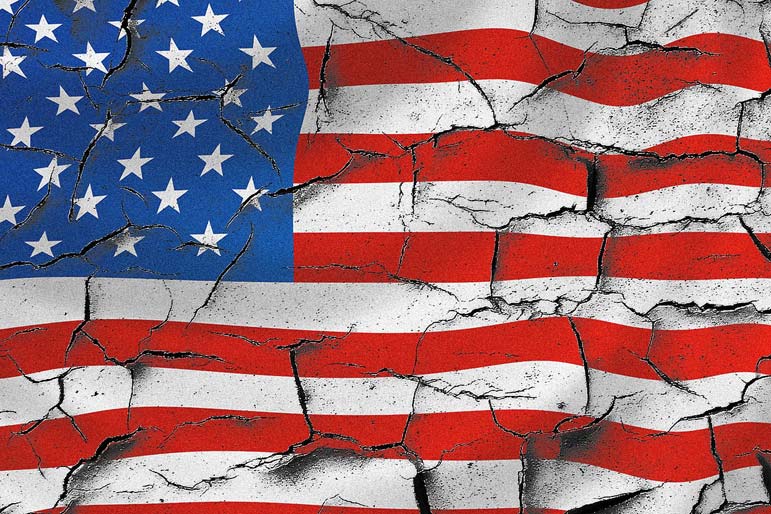
Even if it could be proven that
Over and over, elected officials and leading commentators alike have insisted Ford's allegation that Kavanaugh attempted to drunkenly rape her must be true because other men have done such things. "But really," said Sen.
Substitute "blacks" for "men" and this demagoguery is instantly recognizable as bigotry.
One of the greatest revolutionary ideas in all of human history is the classically liberal notion that there is no such thing as group rights. For thousands of years, aristocrats had more rights than peasants. When America was founded, whites had more rights than blacks, men had more rights than women, and rich white men had more rights than everybody else. This wasn't always true on paper, but it was overwhelmingly true in the real world.
America has worked -- as a matter of law, politics and moral education -- to live up to our ideals of individual rights, and we've made enormous progress. These last few days have not only proved how much more work is left to be done, but how easily we can go in the wrong direction when partisan fury drives our politics.
Just as there are no collective rights, there is also no such thing as collective guilt. It is of course true that most rapes are committed by men, but that doesn't mean most men are rapists. Nor does it mean that because some other men committed rape, a man who didn't is guilty or loses the presumption of innocence. If you cannot understand this bedrock democratic norm, I invite you to review terrorism debates over the last two decades. Just because all jihadi terrorists are Muslims, not all Muslims are jihadi terrorists.
The same basic insight applies to every subcategory of men -- white men, black men, privileged men, conservative men, etc. And yet Hirono is not alone in giving voice to this glib and wholesale slander. It's everywhere.
Over and over, opponents of Kavanaugh are arguing that Ford is credible because of the actions of other men. That argument is fine as far as it goes, but it does not go very far. Credible means "believable." It does not mean "true." And yet the argument made a thousand times a day on cable news and social media is that because the charge is (allegedly) believable, it must also be believed.
And while as a man, I do take offense at the presumption of guilt, my true objection has nothing to do with "male pride," since I find the concept fairly ridiculous. The real problem is that these arguments set a torch to many of the best ideals of this country.
Individuals have a right to confront their accuser. They have a right to defend themselves. Accusers have a right to be heard. They do not have a right to be believed absent evidence or to make anonymous charges and then refuse to support them. Partisans cannot prove an individual's guilt by invoking the real or alleged crimes of others. Nor should they insist that even if he's innocent, he should let himself be bullied into surrender for the greater good.
That is not the rule of law; it's not even decency. It's the rule of the mob, and the fact that it is coming from prominent journalists and senators doesn't make it any less repugnant.
Jonah Goldberg is a fellow at the American Enterprise Institute and editor-at-large of National Review Online.


 Contact The Editor
Contact The Editor
 Articles By This Author
Articles By This Author